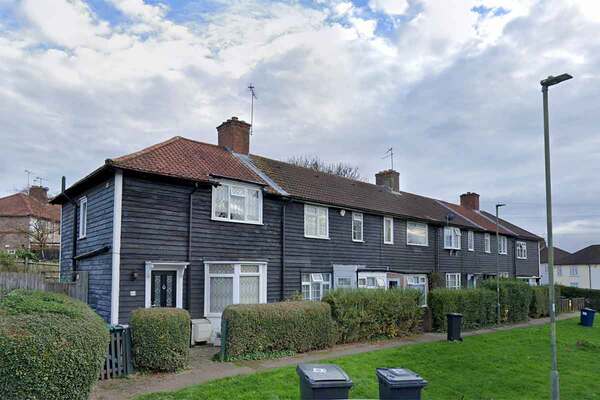You are viewing 1 of your 1 free articles

Michael Wharfe is a partner at Devonshires
Building liability orders could pierce the corporate veil that has been raised since the Grenfell Tower fire
A new legal mechanism to deal with the cladding crisis could signal a very large and long-term exposure for development and construction groups, writes Michael Wharfe
Among the raft of draft amendments published on 14 February 2022, perhaps one of the most ground-breaking was the innocuous-sounding proposal for ‘building liability orders’, or BLOs.
While the concept of a party being liable for its defects is natural and well accepted, and the voluntary acceptance of liability for others, such by way of a parent company guarantee or collateral warranty, is also a known commodity, the ramifications of a BLO seem to profoundly change the settled landscape of contract and company law.
In essence, it is proposed that the High Court can make a BLO where it considers it just and equitable to do so, ordering that a corporate entity is liable for defects and the loss and/or damage occasioned, including repair costs and consequential losses (such as waking watch costs, the installation of alarm systems etc).
While it is commonplace for parties to a construction contract to litigate, and for the court to make decisions on liability, a BLO provides a much more flexible remedy as it is not limited to the parties to a construction contract. In certain circumstances, a party seeking a BLO can pierce the corporate veil and pursue companies that were associated with the original contractor.
You might ask why this profound change is so profoundly relevant.
Following Grenfell, many development and construction groups ceased trading through the subsidiaries through which they had previously carried out construction works.
Groups sought to draw a (corporate personality) line between what had gone before, and the liabilities expected to emerge and attach to those entities, and future construction works (including fixing those historic problems) that would be carried out through new or other entities within the group.
In some cases, developers and construction groups ceased construction activities altogether, focusing instead on developments and running existing property portfolios.
The obvious intention was to insulate the group from historic liabilities, shifting trading operations into other parts of the business.
This approach relied on long-established company law principles around the separation of legal entities and the separate liabilities that they incurred, which generally insulated corporate entities from one another (save in the case of parent company guarantees or collateral warranties).
More recently, it has been a repeated theme of housing secretary Michael Gove‘s announcements that there is a belief that those parties who profited from the defective building works prior to Grenfell were evading responsibility for those defects, and are now further profiting from putting those defects right.
Described as ‘polluter pays’, there was a further concern that we were seeing ‘polluter paid’. The introduction of BLOs is perhaps the clearest example of the government’s commitment to ensure that group-companies associated with the original contractor that caused the current problems should meet the cost of fixing these those problems.
BLOs represent a fundamental change to contract and commercial law, driving a coach and horses through principles of separate legal personality and piercing the corporate veil.
“Groups that engaged in a carefully orchestrated strategy of funnelling new and remedial works through new or other trading entities… appear to have had those plans dashed”
In essence, BLOs can be tantamount to the imposition of retrospective parent or group-company guarantees to meet the costs of remedial works.
Those groups that engaged in a carefully orchestrated strategy of funnelling new and remedial works through new or other trading entities, while leaving liabilities (such as litigation and insurance claim) to accrue in the historic entities that it ceased trading, appear to have had those plans dashed.
While we need to wait and see the final form of the legislation as passed, and get some guidance on how the court will decide what is just and equitable, these changes, coupled with the proposed extension of the limitation period to 30 years for Defective Premises Act claims, would seem to signal a very large and long-term exposure for development and construction groups.
Michael Wharfe, partner, Devonshires
Sign up for our fire safety newsletter
Already have an account? Click here to manage your newsletters












